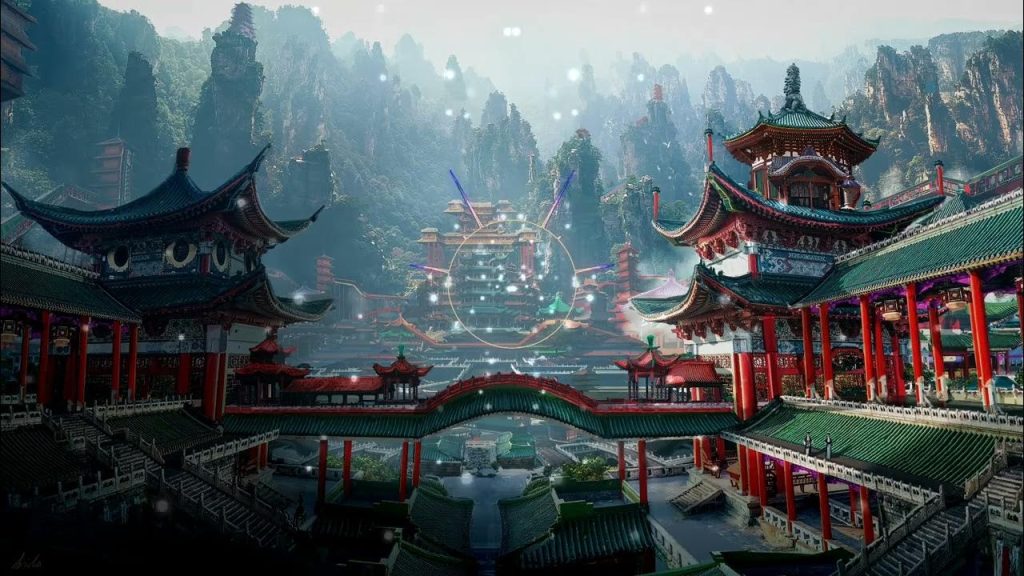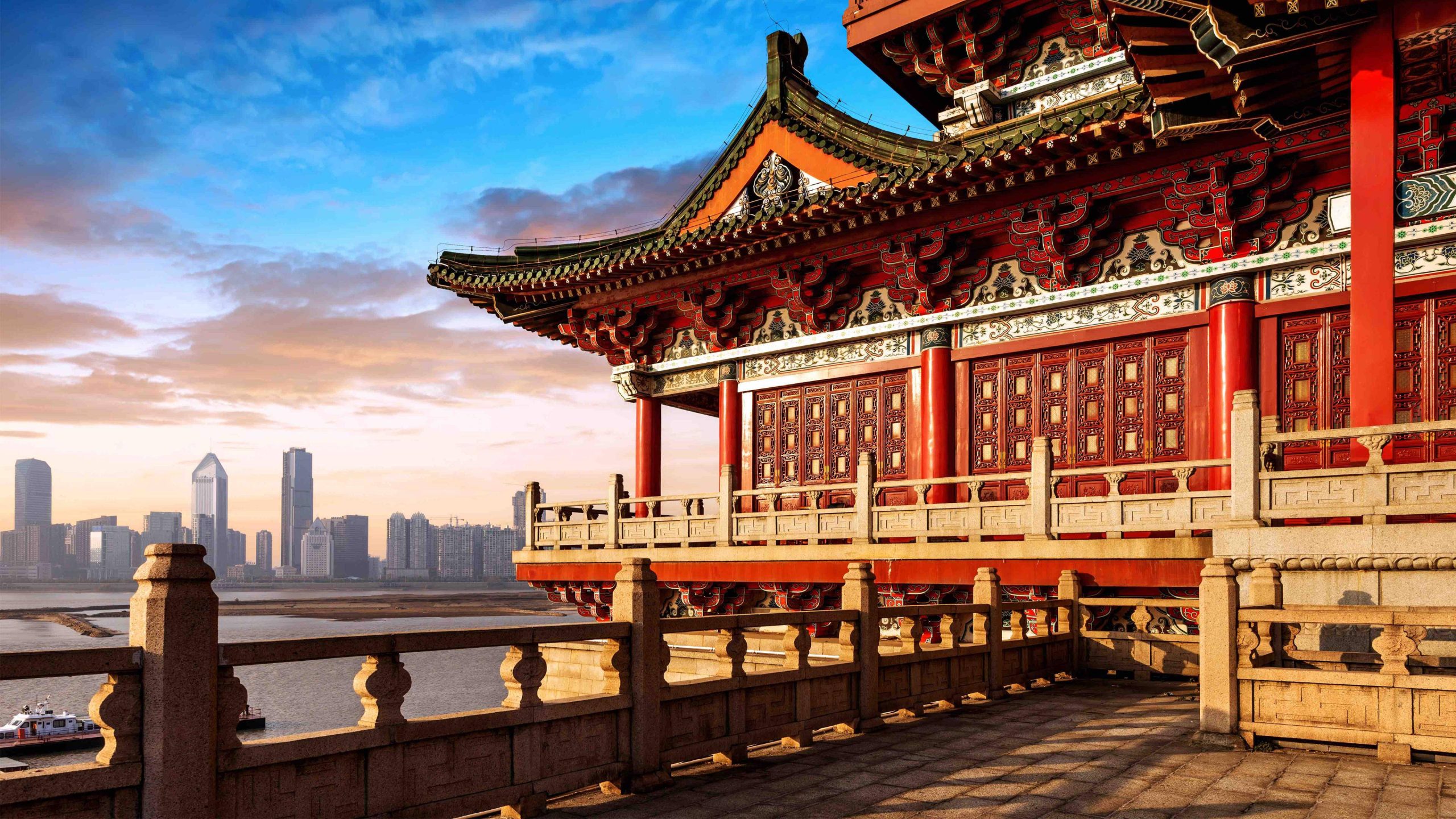What is Chainiste: Everything You Need To Know
Table of Contents
Dive into the world of Chainiste with our expert insights and tips. Discover the latest trends and make the most of this innovative platform. Start now!
Welcome to the mesmerizing universe of Chainiste—an art form that transcends boundaries, captivates the imagination, and weaves colored chains, wires, and cords into intricate designs. In this exploration, we delve into the essence of Chainiste, its history, influential figures, varieties, creation techniques, philosophy, inner exploration, and its profound impact on modern art.
Understanding Chainiste Artistry
Dive into the world of Chainiste art, where the term originates from the French word “chaîne,” meaning chain. This artistic discipline embraces a blend of knotting, braiding, and weaving, creating a visual symphony that transforms materials into an interconnected dance of colors and shapes. Explore the intricate techniques employed, from delicate knotting to elaborate braiding, showcasing the meticulous process that requires patience, manual dexterity, and a visionary approach.

Origins and History: From France to Global Influence
Embark on a journey into the mysterious origins of Chainiste, tracing back to 18th-century France. Legends speak of a chef accidentally creating the first Chainiste sauce, sparking a culinary and artistic revolution. Witness the evolution of Chainiste as it spread globally, adapting to different regions and cultures, reflecting not only artistic innovation but also cultural exchange.
Notable Figures in the Early Chainiste Movement
Meet the trailblazers who ignited the Chainiste movement in the early 1900s—Marcel Duchamp, Francis Picabia, and Man Ray. These figures rejected traditional forms, laying the groundwork for the Chainiste philosophy that prioritized spontaneity, absurdity, and nonsense, revolutionizing modern art.
Varieties of Chainiste: Beyond Decoration
Delve into the aesthetic realm of Chainiste art, exploring pieces that exist for visual admiration and showcase the beauty achievable through intertwining chains, wires, and cords. Discover the functional side of Chainiste, from elegant wall hangings to unique lampshades and wearable sculptures, highlighting its adaptability and integration into daily life. Click to read about RusticoTV.
Creating Chainiste: Techniques and Challenges
Enter the world of Chainiste creation, where patience and manual dexterity are paramount. Unveil the visionary aspect as artists conceptualize cohesive designs, guiding each movement towards the artistic goal. Immerse yourself in the meditative practice of Chainiste creation, where rhythmic movements and repetitive techniques create a flow, allowing artists to lose themselves in the act of crafting something truly unique.
Chainiste Philosophy: Interconnectedness and Harmony
Delve into the philosophical underpinnings of Chainiste, emphasizing the interconnectedness of all living things. Explore the concept of universal energy or life force, seeing thoughts, emotions, and actions as influencing the energy flow. Chainiste philosophy rejects the separation of mind, body, and spirit, embracing a holistic approach that seeks balance and harmony.
Wisdom and Inner Exploration in Chainiste
Journey into the introspective side of Chainiste, where wisdom is sought through meditation. Experience the harmonious integration of mind, body, and spirit, emphasizing balance and creating an immersive experience beyond traditional art forms. In Chainiste, wisdom is not external but an intrinsic part of the artist’s journey, cultivated through regular practices of meditation and reflection.
Impact and Legacy: Chainiste in Modern Art
Witness the transformative impact of Chainiste on modern art, breaking free from traditional representation and influencing popular culture. Appreciate Chainiste’s legacy as a revolutionary force that paved the way for avant-garde movements, remaining a beacon of creative freedom that challenges established norms.
Final Thought
As we conclude our exploration, marvel at the diverse facets of Chainiste—a cultural tapestry woven with threads of history, philosophy, and creativity. While its origins remain shrouded in mystery, the enduring impact on modern art and culture is undeniable. As we appreciate the beauty of this unique art form, let us continue to wonder and anticipate the unveiling of new secrets that may further unravel the enigma of Chainiste.
People Also Ask
Q1: What is the origin of the term “Chainiste”?
A1: The term “Chainiste” originates from the French word “chaîne,” meaning chain. This artistic discipline goes beyond traditional boundaries, embracing a blend of knotting, braiding, and weaving.
Q2: How did Chainiste evolve in different cultures?
A2: Originally rooted in 18th century France, Chainiste has undergone diverse adaptations globally. In Italy, it transformed into a pasta sauce, while in the Americas, it took on spicy Cajun and Mexican flavors. This evolution reflects its ability to unite cultures through shared experiences.
Q3: Who were the key figures in the early Chainiste movement?
A3: Marcel Duchamp, Francis Picabia, and Man Ray were pivotal figures in the early 1900s Chainiste movement. They rejected traditional forms, paving the way for the avant-garde spirit that defines Chainiste.
Q4: What are the varieties of Chainiste?
A4: Chainiste exists both as purely decorative art and functional objects. From visual statements showcasing intricate designs to practical applications like lampshades and jewelry, Chainiste highlights its versatility and adaptability.
